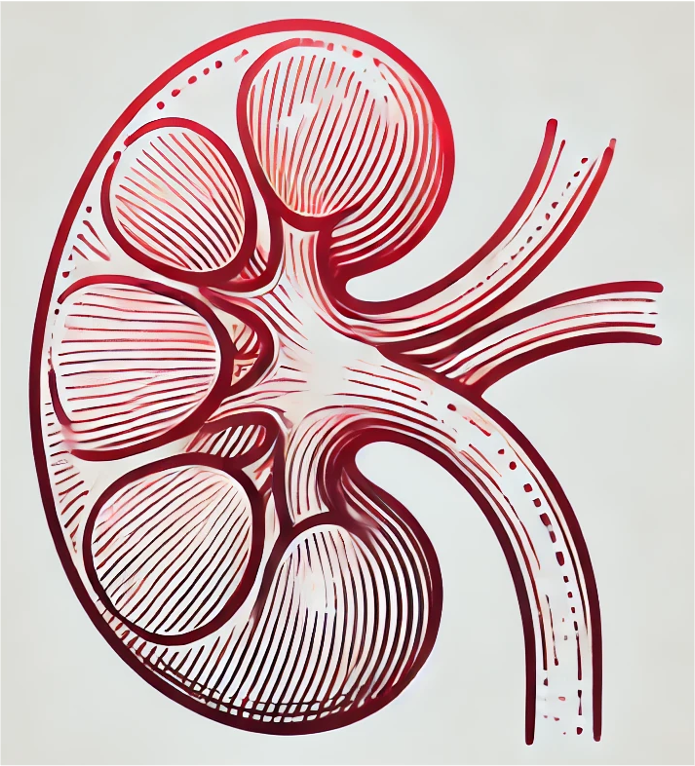Description
Background: Patients developing meningococcal septic shock reveal very high levels of Neisseira meningitidis and endotoxin in the circulation and organs, leading to acute cardiovascular, pulmonary and renal failure, coagulopathy and a high case fatality rate within 24 hours.; Objective: To investigate transcriptional profiles in heart, lungs, kidneys, liver and spleen and immunostain key inflammatory cells and proteins in post mortem formalin-fixed, paraffin-embedded (FFPE) tissue samples from meningococcal septic shock patients.; Patients and methods: Total RNA was isolated from FFPE and fresh frozen (FF) tissue samples from five patients and two controls (non-inflammatory disease). Differential expression of genes was detected using Affymetrix GeneChip Human Transcriptome 2.0 Arrays. Lung and heart tissue samples were immunostained for T-and B cells, macrophages, neutrophils and the inflammatory markers Plasminogen activator inhibitor-1 (PAI-1) and Monocyte chemoattractant protein 1 (MCP-1). Inflammatory mediators were quantified in lysates from FF tissues.; Results: The transcriptional profiles showed significant regulation of pathways associated with organismal death, cell death and survival, leukocyte migration, cellular movement, proliferation of cells, cell-to-cell signaling, immune cell trafficking and inflammatory responses in an organ-specific clustering manner. The canonical pathways including acute phase response-, EIF2-, TREM1-, IL-6-, HMBG1-, PPAR signaling and LXR/RXR activation were associated with acute heart, pulmonary and renal failure and with inflammatory changes in liver and spleen were identified. The main upstream regulators were TNF, IL-1, IL-6, RICTOR, miR-6739-3p and CD3. Increased numbers of inflammatory cells (CD68+, MPO+, CD3+ and CD20+) were found in lungs and heart. PAI-1 inhibiting fibrinolysis and MCP-1 attracting leukocyte were found significantly present in the septic tissue samples compared to the controls.; Conclusions: Hundreds of transcripts were altered in lungs, heart and kidneys, all organs with an acute dysfunction. Relatively fewer transcripts were changed in the spleen. Certain transcripts were associated with the number of. N. meningitidis in the tissues. We identified specific biomarker panels which differed from organ to organ. Our results highlight the complexity of gene regulation in the different tissues. Future treatment strategies blocking or stimulating only one molecule or pathway appear unlikely to succeed.
Overall Design
Reference : Meningococcal septic shock (MSS) patients (N=5 patients with FFPE tissue and from 3 of the same patients FF tissue (n=3)), from each patient tissue samples from lungs, heart, kidneys, liver, spleen. Control patients (N=2) with acute non-infectious death. FFPE tissue samples from lungs, heart, kidneys, liver, spleen.
Curator
hy_li
